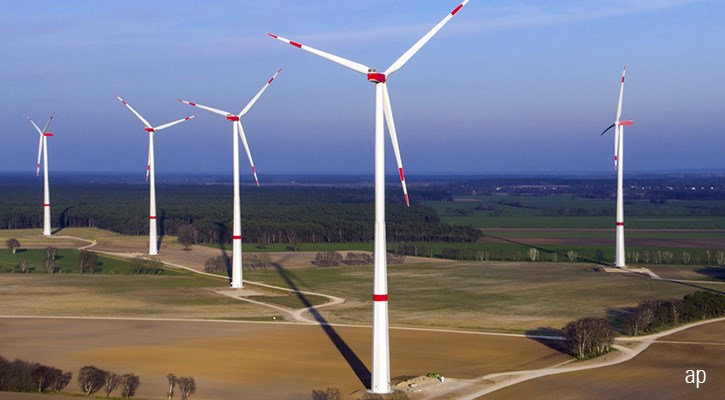Ollie Smith: Hello, and welcome to another Morningstar Market Reaction. I'm Ollie Smith, your U.K. Editor. Here with me to digest another Rishi Sunak budget is Morningstar Investment Management's Global CIO, Dan Kemp.
Dan, thank you very much for making the time today. Could I start please with a very basic question for anyone perhaps not as familiar with the Morningstar brand, or indeed markets more generally. What is the relationship between a fiscal event like this and the markets?
Dan Kemp: Budget Day is really a fantastic piece of political theater. It's a fascinating thing to watch, and it's really important for the individual lives of everyone in the U.K. whether they're living in the U.K., whether they're running companies in the U.K., because it sets out what the government is going to be doing in terms of borrowing and spending and taxing all of us every day of our lives. But we shouldn't get too excited about its connection to broader capital markets. Anyone that has a well-balanced portfolio will know that most of their exposure is likely to be outside the U.K. And in fact, the actions of the federal reserve bank in New York may have far more influence on the outcome of their portfolios than what the Chancellor said today.
And the second thing to remember is that really most of the companies in the U.K. derive most of their profits from outside the U.K. And so, this sort of U.K. centric events are important events but doesn't have that much to do with longer term capital markets which is what investment is all about.
Smith: And in terms of spend, we heard a lot of, sort of, party talk. But there were areas of the budget that, sort of, conspicuously lacked the detail I thought. If you were an analyst looking at this, what were the, let's say, more structural or systemic concerns that you might have about the U.K.'s economy and larger companies' capacity to operate within it?
Kemp: Well, that really is the secret of analyzing every budget that you almost have to ignore what was said in the house, so, really, dig through the detail. And so, we'll see that emerging over the next couple of days as people really crunch the numbers behind the announcement. But as we think about what's really affecting global capital markets at the moment and investors in the U.K., there's a few big themes. Of course, we're having this enormous recovery that we're all seeing from the COVID pandemic, and that's bringing with it a lot of supply chain disruption, it's bringing with it much higher risk of inflation than we've seen for a long time, and really, that wasn't addressed too much in the budget today. Now, the government would argue that's the purview of the Bank of England, and they're probably right, but still not something that was that was addressed too clearly.
And then, secondly, borrowing. So, borrowing in the U.K. and across the Western world is very high as we know, because governments spent so much money over the last 20 months dealing with the pandemic, and that's completely understandable. But a lot of Sunak's spending plans were based on a very optimistic view of what happens to the economy and therefore borrowing requirements in the next few years. And so, those are the two risks that investors are wrestling with. And certainly, as we look forward, maybe we wouldn't be as optimistic as the chancellor was making out. Again, there aren't great reasons to be pessimistic either, but these things should be held in balance. There's lots of risk, and that's why we really have to sift through the investment markets to find the best opportunities.
Smith: And I think that's the perfect segue to my final question, which is about the way in which this budget has been described. So, beforehand, the FT, for instance, proffered that Sunak would go for fiscal discipline, but to me this budget felt much more spend than tax and much more sort of spend than sort of fiscal rules and new frameworks. What's your take on that? Was there fiscal discipline in here and is there any relationship between that and whether outsiders see the U.K. as a good place to put their money?
Kemp: Well, again, we have to look through some of that announcement to the detail beyond to really understand. But I think what was noticeable today is that the Chancellor seemed to pick on some really quite niche taxes and blow them up as a way of building giveaways into this budget. Equally, he was less generous in some of the areas that the opposition has been calling for greater spending. So, you could spin that a number of ways. You could spin it as being fiscally disciplined; you could spin it as being constrained and not addressing some of the challenges that people are facing. But whatever your political color as you face this, the key thing to remember is that this is all predicated on quite an optimistic view of the future, and you may not be able to do some of these things if the future isn't quite as rosy as he made out this afternoon.
Smith: Okay. Thanks, Dan. Thank you very much for your thoughts. Check out more budget coverage on Morningstar.co.uk including our look at the U.K.'s venture into green bonds.
For now, I've been Ollie Smith for Morningstar.





























